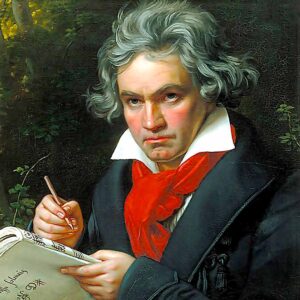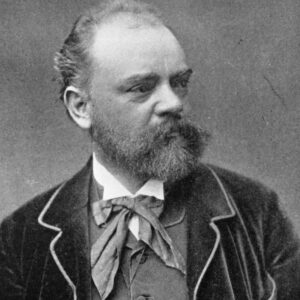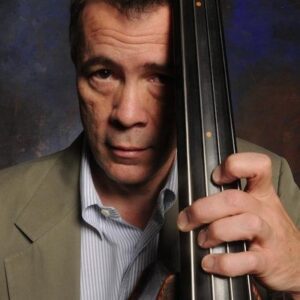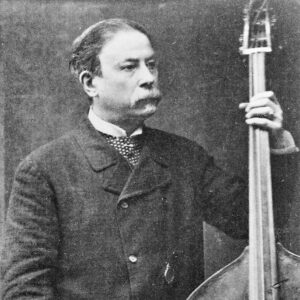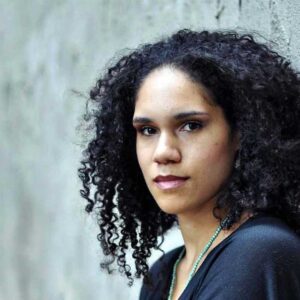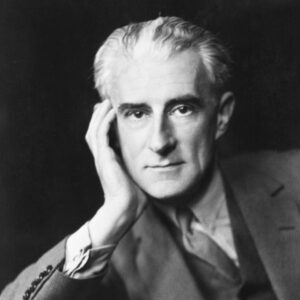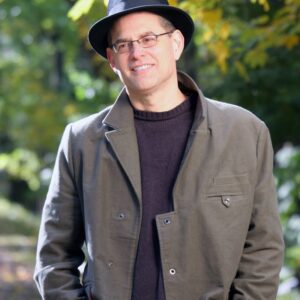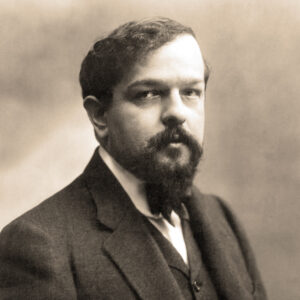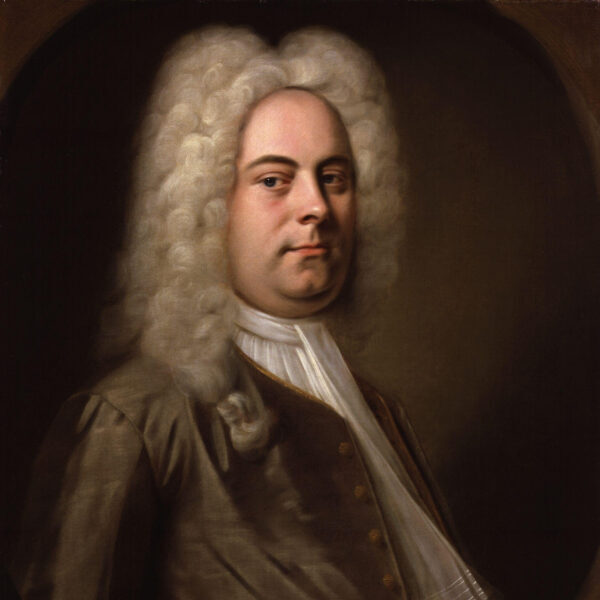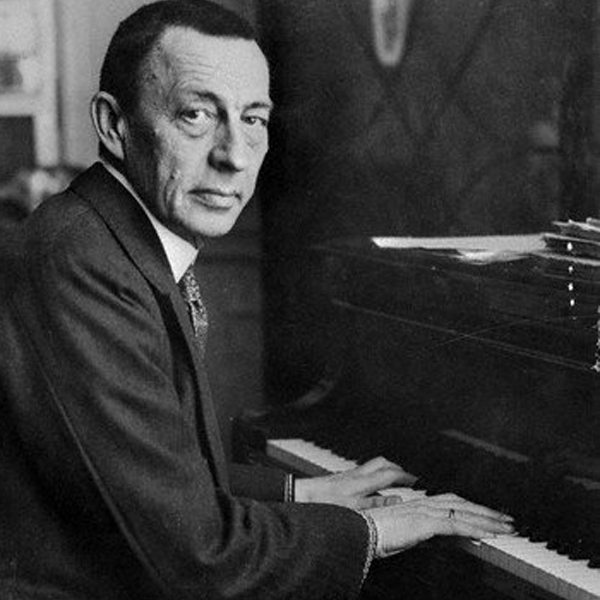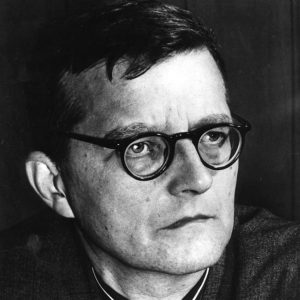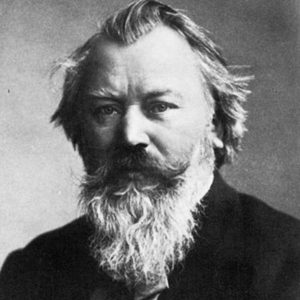Considering Matthew Shepard: An Oratorio for All of Us
Ryan D. Whittington
Special to the Winston-Salem Symphony
In 2016 I saw press materials about an upcoming oratorio based on Matthew Shepard’s, life, story, and legacy, performed by Conspirare and composed by Craig Hella Johnson. I pre-ordered the album from iTunes and then waited. When the recording was released in September 2016, I cleared time in my day to listen to the album. As a gay man myself, something seemed sacred about giving this work my attention—as if it were required listening. For myriad reasons, I knew that I felt something remarkable after finishing the album, but I couldn’t put my finger on it, but the reaction was physiological and psychological and it seemed to revolve around the second to last movement, “All of Us.”
The composer Craig Hella Johnson said he was profoundly moved by the death of Matthew in 1998 but was not ready to respond for years; in fact, he says that the subject of Matthew eventually chose him rather than the reverse. Johnson began by composing a Passion inspired by the models of J.S. Bach. Traditionally, Passions were musical dramatizations of the Passion of Christ, usually performed in Holy Week, and the St. John and St. Matthew Passions by Bach are the canonic examples. What eventually resulted, however, was what Johnson called a fusion oratorio, celebrating Matthew’s life and voice, providing a space for reflection, and ultimately an upsetting call to action and self-examination.
That Johnson chose to write an oratorio or passion about Matthew at all is a powerful decision. Both genres are associated with music for the church, suggesting that this oratorio on Matthew Shepard belongs as much in sacred spaces as Carissimi’s Jephte (ca. 1650), Bach’s Christmas Oratorio (1734), or Handel’s Messiah (1741).
As the oratorio continues it revolves around themes of song and nostalgia, beginning in the second movement “Ordinary Boy,” in which the choir sings “he sang songs his father taught him,” followed by a polyphonic combination of quotations from “Frère Jacques,” “Row, Row, Row Your Boat,” and “Twinkle Twinkle Little Star.” The purpose of this movement is to explain what kind of a person Matthew was by giving us a glimpse of him as a child, and quoting the songs of childhood is a powerful way to signify innocence.

Considering Matthew Shepard
3:00PM
The way Johnson uses song as a symbol in this oratorio helps explain why I was so powerfully affected. Like Matthew, and like many, I grew up learning songs from family members, in this case my mother and grandmother. My mother would sing hymns like “Amazing Grace” or “Blessed Assurance” as lullabies when I was a young child, often while rocking me to sleep in an old, creaky, wicker rocking chair. Likewise, my grandmother, with whom I spent most of my days as a child while my parents were working, loved to sing while she was cooking or doing dishes. She would often sing the hymns the church choir was rehearsing for the upcoming Sunday. When she wasn’t singing and the television wasn’t blasting the sermon of some televangelist or playing reruns of Bill Gaither’s Homecoming Friends concert tours, the radio in the kitchen was playing the music of 91.3, Joy FM, the regional southern gospel radio station. Naturally, she would twist up the radio’s volume dial each time one of her favorites came over the air waves. More of my childhood memories were made in my grandmother’s house than anywhere else—this was the sound world in which I learned to be musical.
This musical background had complications, however, when I began coming to terms with my sexuality. An 18-year-old Ryan Whittington decided listening to this type of music with its homophobic ideology was not healthy. So, I shunned this soundscape and all that it stood for in an act of self-protection and preservation. In his article “Southern Gospel Sissies,” Douglas Harrison explores a similar phenomenon that he calls the gay-gospel paradox. He asks how a gay man such as himself could be enthralled by and participate in a genre that he describes as the “soundtrack for fundamentalist Christianity in America.”
This exact paradox is what knocked me off my feet in the penultimate movement of Considering Matthew Shepard. One of the defining characteristics of Johnson’s oratorio is the multiplicity of voices, texts, and genres that he has woven together. Quotations include excerpts from Matthew’s journal, his father’s statement during the murder trial of McKinney and Henderson, excerpts from his mother’s book The Meaning of Matthew, and even the shouts of the protestors from the Westboro Baptist Church outside Matthew’s funeral. The poetry included is both geographically and historically diverse, ranging from Genesis to Dante, Rumi to Hafiz, and contemporary poets like Lesléa Newman. Musically the oratorio is similarly diverse. Movements allude to various styles and genres such as R&B, a Lutheran chorale, African-American spirituals, and country ballads. The idea seems to have been to reference as many genres as possible to universalize the meaning of Matthew’s legacy.
In the penultimate movement entitled “All of Us,” the musical style is undeniably southern gospel. The movement features a predominately pentatonic melody tightly harmonized in thirds and sixths, a sound common among southern gospel music and a trait carried over from the early quartet traditions from which southern gospel evolved. The syncopated piano accompaniment, rhythmic punctuations from the bass guitar, and percussion clearly marking down beats are also common markers of the style. All it’s missing is a steel guitar and a thick southern drawl and it could fit in with the Gaither’s Homecoming concerts.
Hearing this movement was a trigger for nostalgia for me, a way to be back with my grandmother in her kitchen, listening to the scratchy reception of the southern gospel radio station coming through the cheap radio on the kitchen counter. This was a radical moment. By listening to this movement, I entered a space wherein I could relive those childhood moments and enjoy once again the sound world that I thought I had to efface. I could be back with my grandmother and all the sentimentality that comes along with that. Most importantly, I could experience all of this without the homophobic rhetoric of fundamentalist Christianity otherwise attached to the genre. In this movement, I could have all that was good about southern gospel and the nostalgia that it triggered for me without the bad. “All of Us” redeemed this music and made it safe again; in this space I could reconnect with what was my first musical identity. My then 24-year-old self was suddenly put in conversation with my childhood self.
Beyond nostalgia, this safe space also triggered integration. This was a moment of healing for me. The music gave the multiple selves I perform on a day-to-day basis an opportunity, if only momentarily, to integrate into a whole. By way of nostalgia, I could be around my grandmother—who never knew about my sexuality—without the pressure to act like someone I wasn’t. The “I” who shunned this genre as both an act of protection and rebellion after coming out for the first time could again enjoy a soundscape that was still dear to me, even if I refused to admit it. I could come out as a fuller human being.
We all have formative moments in our lives that are connected to specific pieces and performances, pieces of music that when they find us again, immediately take us back to a place or a time. The music may not be high-brow, the recordings might be scratchy, and the performances might be flawed. Yet because of how the music affected us, how it formed us, it is our music regardless of status or pedigree. These spaces of nostalgia are spaces in which we can simply be ourselves without any pretense.
In describing musical safe spaces like “All of Us” was for me, I by no means suggest that everyone will have the same experience I had. However, it seems to me that by including so many genres and texts, Johnson’s oratorio Considering Matthew Shepard has the greatest chance of creating as many of these safe spaces for as many different people as possible. Johnson said his goal was “to create, within a musical framework, a space for reflection, consideration and unity around [Matthew’s] life and legacy.” By virtue of privileging storytelling and nostalgia, in conjunction with the multiplicity of voices, texts, and musical genres represented, this fusion oratorio self-consciously generates these safe spaces wherein all of us can reflect, integrate, and be ourselves.

Ryan Whittington holds a Doctor of Philosophy in Musicology, which he received from Florida State University in 2023 with his dissertation “What if the Monster Sings?: Caliban’s Humanity and Monstrosity Musically Negotiated in Adaptations of Shakespeare’s The Tempest.” Portions of the research for his Master of Music degree were published in the collected volume Monster Media in Historical Contexts (2019) by Vernon Press as “Music to Save an Audience: Two Melodramatic Vampires of 1820 and the Music that Betrays Them.” A graduate of Wake Forest University, Ryan received Bachelor of Arts degrees in Music and in German in 2014. He studied organ with Dan Locklair while at Wake Forest and with Marilyn Keiser in 2019. Ryan is the organist and choirmaster at Trinity Episcopal Church in Mount Airy, North Carolina, a post he has held since December 2021.



